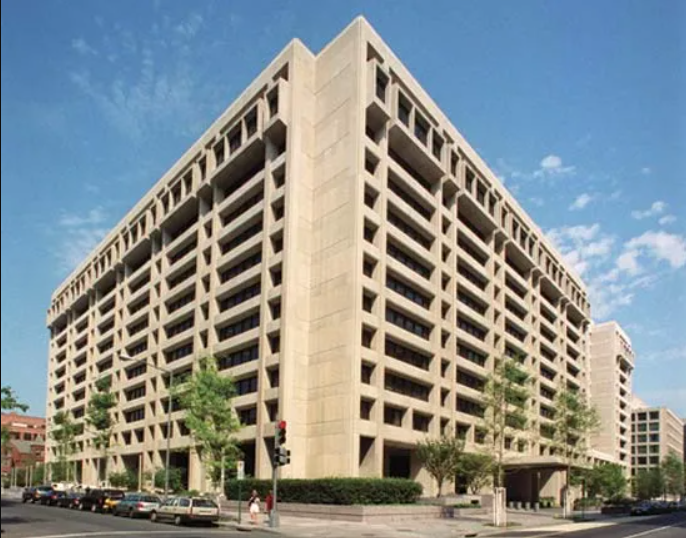Kenya has successfully negotiated a preliminary agreement with the International Monetary Fund (IMF), paving the way for an immediate injection of $682.3 million and an overall increase of $938 million in its ongoing lending program.
This announcement comes as Kenya faces significant liquidity challenges, driven by uncertainties surrounding its ability to secure funding from financial markets before the maturity of a $2 billion Eurobond next June.
The impact of the COVID-19 pandemic and recurring climate change-induced droughts has strained Kenya’s balance of payments and financial positions, as revealed during a comprehensive review mission in Nairobi lasting two and a half weeks, according to the IMF.
Haimanot Teferra, the head of the mission, highlighted the compounding challenges arising from global financing conditions for frontier economies and geopolitical tensions.
Pending approval from the executive board of the Washington-based IMF, Kenya is set to gain access to a total of $3.88 billion.
This additional funding will raise Kenya’s total under the existing Extended Fund Facility and Extended Credit Facility arrangements to $4.43 billion.
The current program initially agreed upon in April 2021, saw a previous increase in May, adding an extra $1 billion, which included funds from the IMF’s Resilience and Sustainability Facility (RSF).
While the news had minimal immediate impact on Kenya’s international bonds, the financial community views the agreement positively.
Despite the anticipation signaled by a senior adviser in Kenya’s presidency, the development is perceived as a significant step forward.
Market participants, though cautious, believe that this new IMF financing, combined with anticipated funds from entities such as the World Bank and Afrexim, will enable Kenya to meet maturing foreign debt obligations without depleting its foreign reserves.
According to an unnamed market participant, “Kenya will sort of become a bit more creditworthy” with these financial reinforcements.

